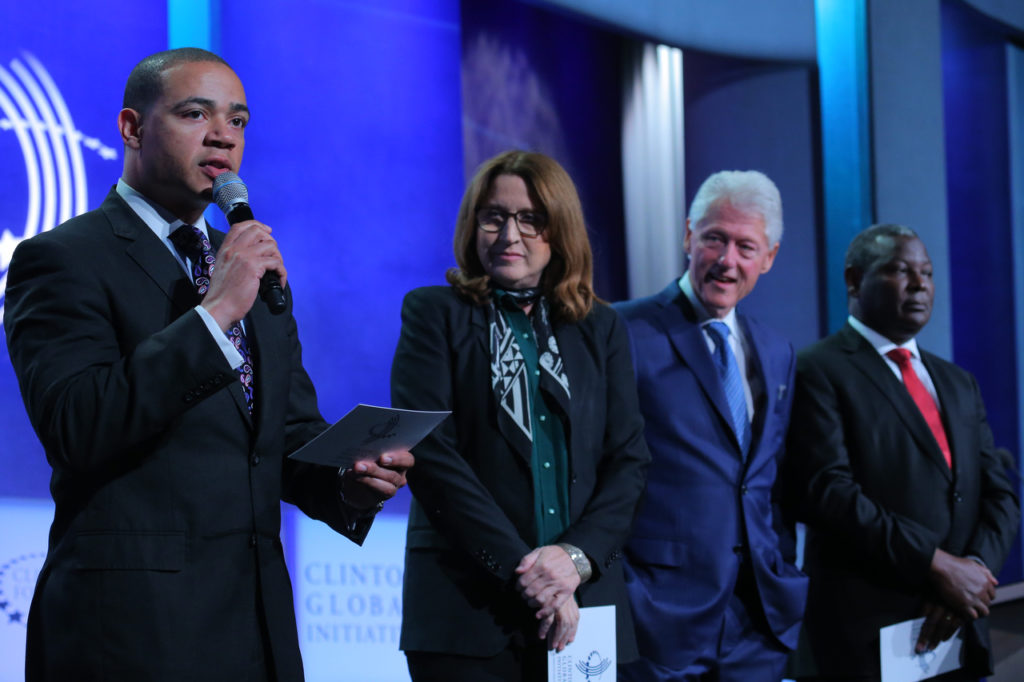
More black churches in the Nashville area are participating in the annual Day of Unity this weekend, in which they agree to address HIV prevention from the pulpit. But many pastors sidestep the issue of gay relationships.
“It was really a challenge for me, saying that I was HIV positive and people then automatically thinking I was gay,” says
Rev. William Francis of Atlanta, who has become a leader in the NAACP’s effort to enlist black churches to help with HIV prevention, including talking about safe sex. He held a townhall meeting in Nashville in 2016 to raise awareness among local church leaders.
African Americans represent an outsized share of newly diagnosed cases,
according to the Centers for Disease Control. And roughly 58 percent are gay or bisexual men. When he talks to fellow ministers or churchgoers, Francis says he always feels compelled to say that his diagnosis came from heterosexual contact, just to avoid the issue.
Francis says he doesn’t support discrimination of any kind, but rather than debating homosexuality, he tries to find some “gray area” where everyone agrees and steers the conversation to the church’s social justice mission. He also has to be careful since HIV prevention can sound to some congregants like condoning promiscuity.
“In my particular ministry, there is communion on the front table, and there’s condoms on the back table because I am called to save lives and save souls,” he says.
Of the
seven congregations participating in Clarksville and Nashville, most pastors are not going as far as distributing condoms. But some are encouraging congregants to get regular testing and contemplating HIV ministries.
“By educating our congregations with messages about HIV, we can help remove the stigma and stop social injustices that have led to the unequal impact of HIV on African Americans,” writes pastor John Faison of Watson Grove Missionary Baptist Church in Nashville. Faison is an
ambassador for the NAACP’s initiative who says
he’s the first to get tested when it’s offered at his church.


